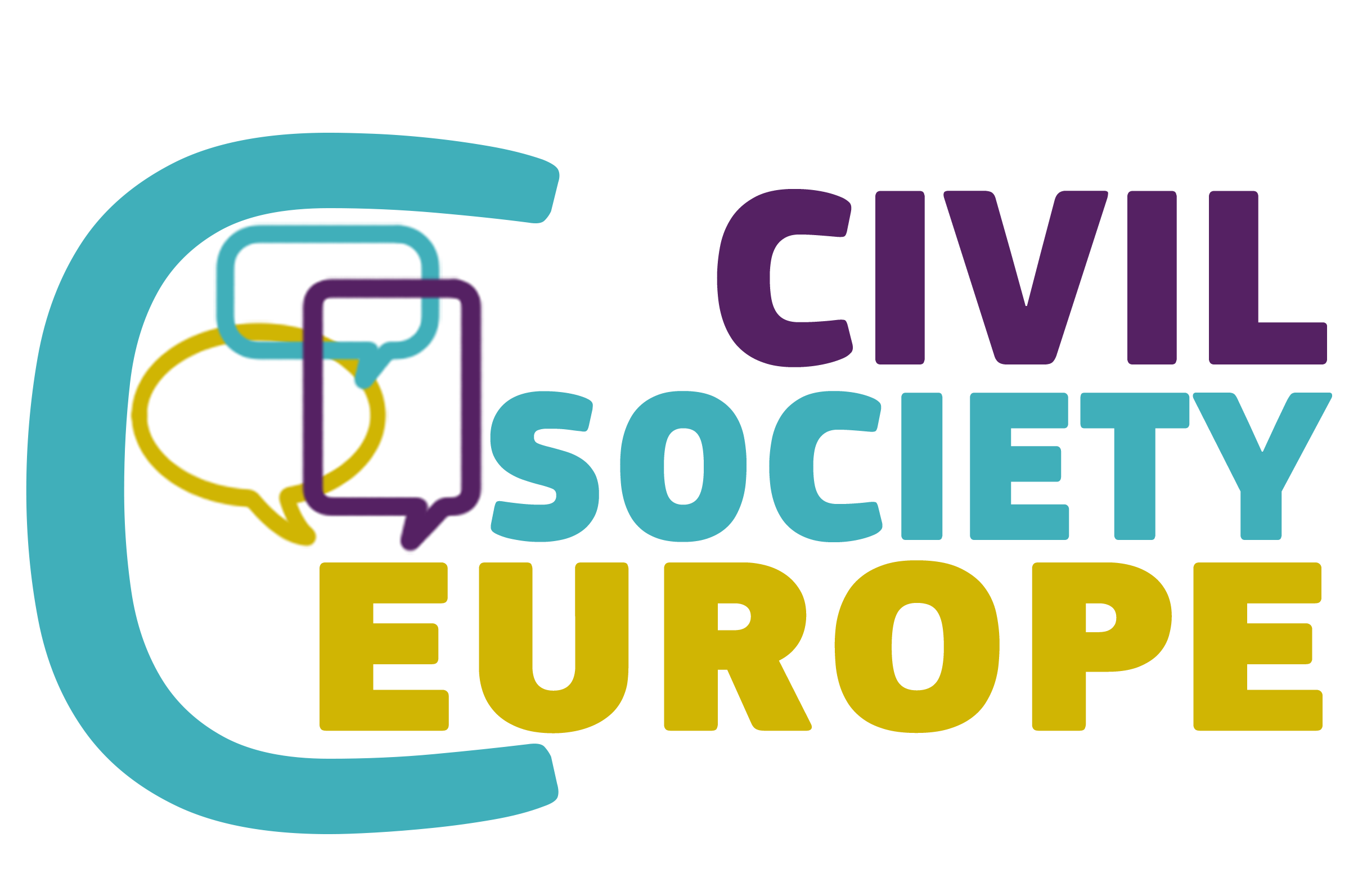Join us at 8-9 October La Rochelle, France
The first European Civic Academy will be held on 8-9 October in La Rochelle and is organised by European Civic Forum, Association Europeenne des Droits de l’homme, Solidar, La Ligue de l’Enseignement, La Ligue des Droits de l’Homme and ARCI with the active participation of Civil Society Europe, who will have its plenary meeting on 7 October. The theme of this year’s gathering is: Democracy in Europe: missing links (disenchantment, expectation and practice).
The first European Civic Academy will look into the complex questions raised by citizens’ disenchantment, practice, and expectation with regard to democracy and in relation to the “democratic deficit” in Europe. The vote for Brexit is the latest illustration of the risk of the disintegration of the European project. For a long time now, democratic disenchantment has constantly been on the increase because of the growing gap between electoral promises and what elected representatives actually do, by the corruption that occurs where the vested interests of economic and political forces meet, by the lack of transparency of decision-making processes which affect peoples’ lives, by growing social inequalities, by institutional disregard of popular mobilizations about access to rights, by the fear of exclusion, by poverty, and by growing state racism.
For a growing part of the population, this leads to questioning democracy as a relevant instrument to make their aspirations and claims heard and taken into account. Regressive populism is blossoming on this fertile ground. Its leitmotif is denying equal access to rights for all. While decreasing electoral participation is often an indicator of growing democratic disenchantment, we are also witnessing the mobilisation of citizens’ to cast their votes, in last year’s elections in Greece, Scotland or Catalonia.
Similarly, while social conflicts are on a globally decreasing trend, the economic crisis triggered massive democratic citizens’ mobilisation, about a wide range of concerns and in forms of action from the local to the global level. These mobilisations around our values have an empowering effect, yet they remain fragmented, thematically and geographically.
There is a need for a better understanding of this combination of obstacles and opportunities in their complexities, and in their interactions, in order to overcome the fragmentation of forces for social and democratic change. The event will be organised in plenary debates with the contribution of academics and civil society experts and into workshops.
European Civic Academy Programme EN | Programme Academie Civique Européenne FR
Workshop programmes:
- Building inclusive societies through Education
- The new EU policy on migration; challenges to reception and integration
Please register here.


